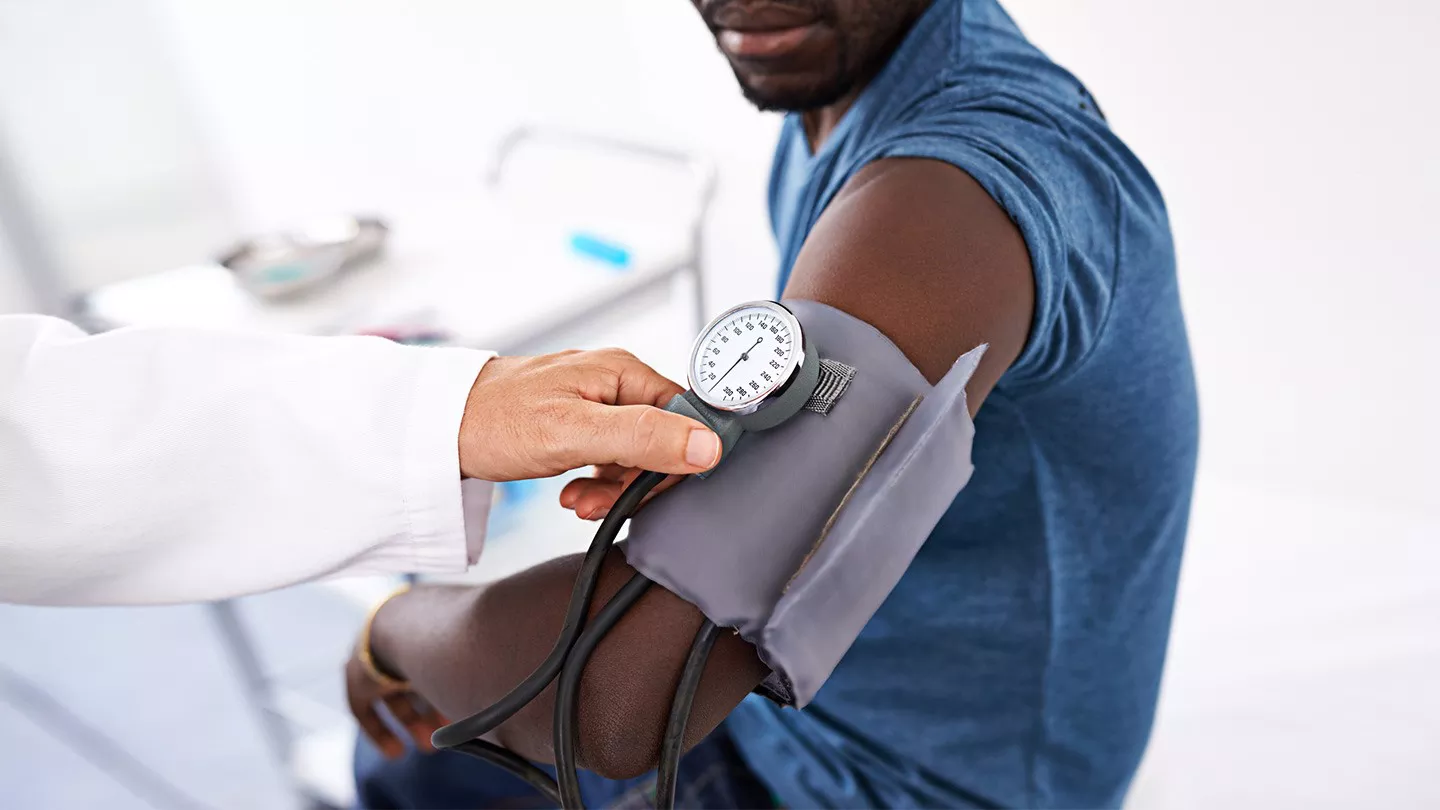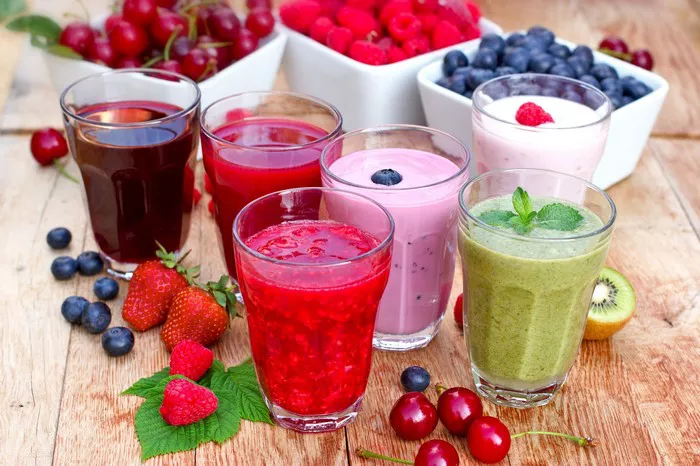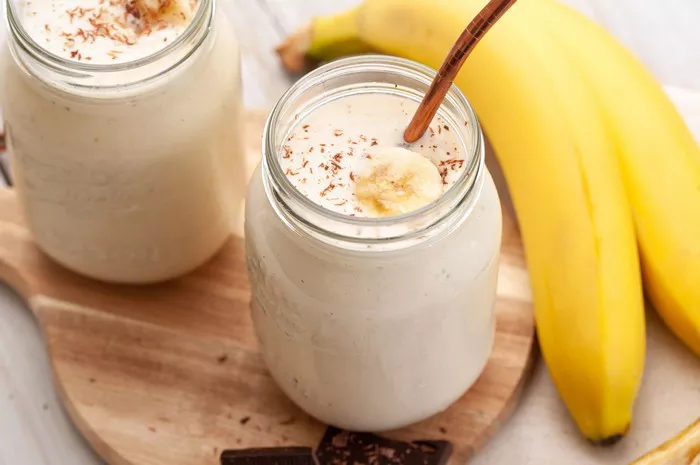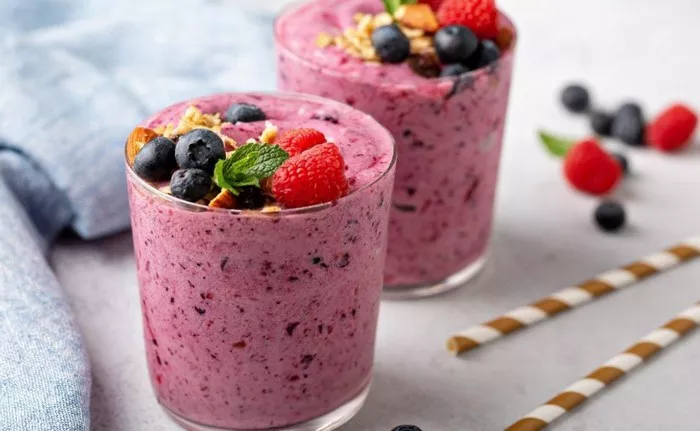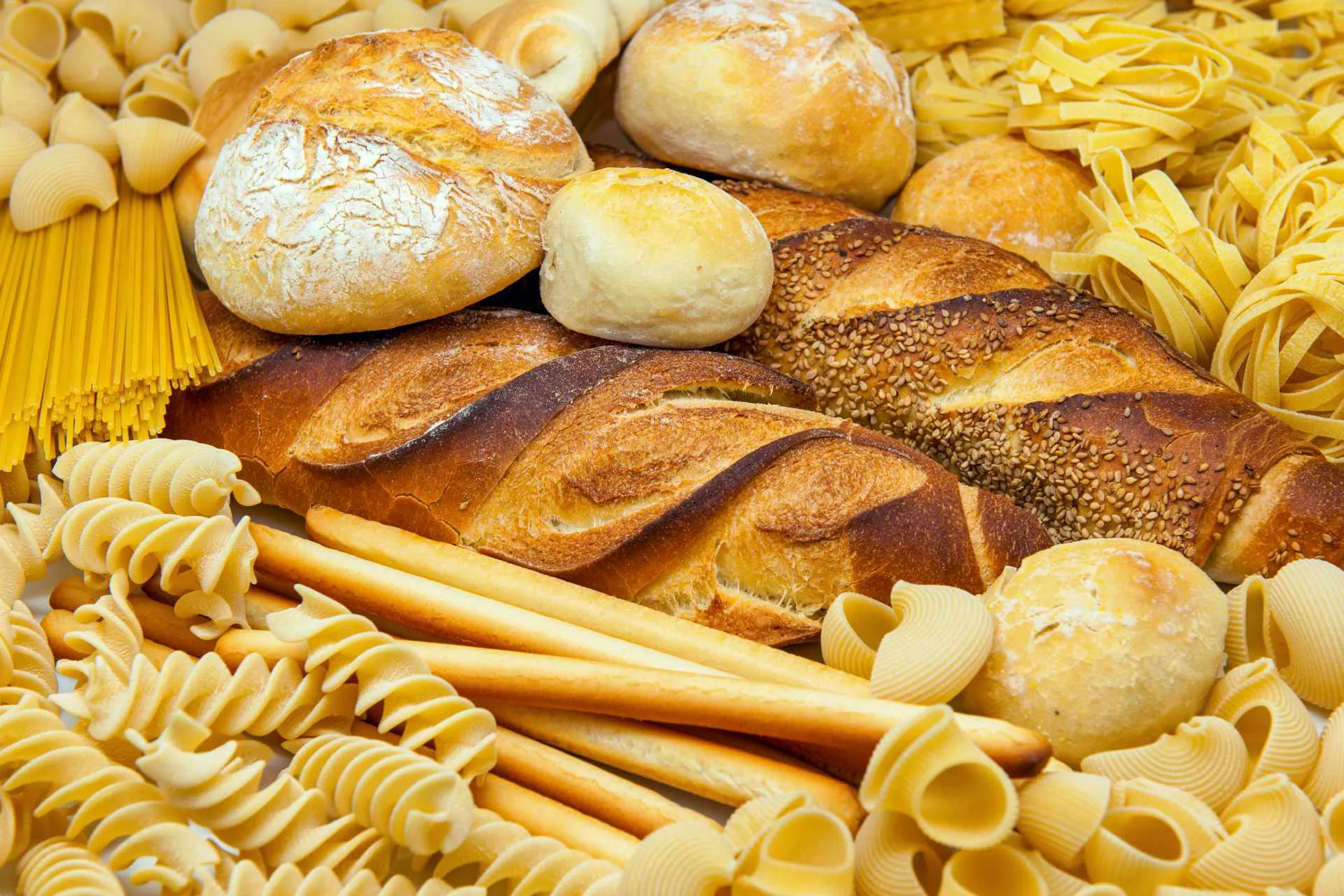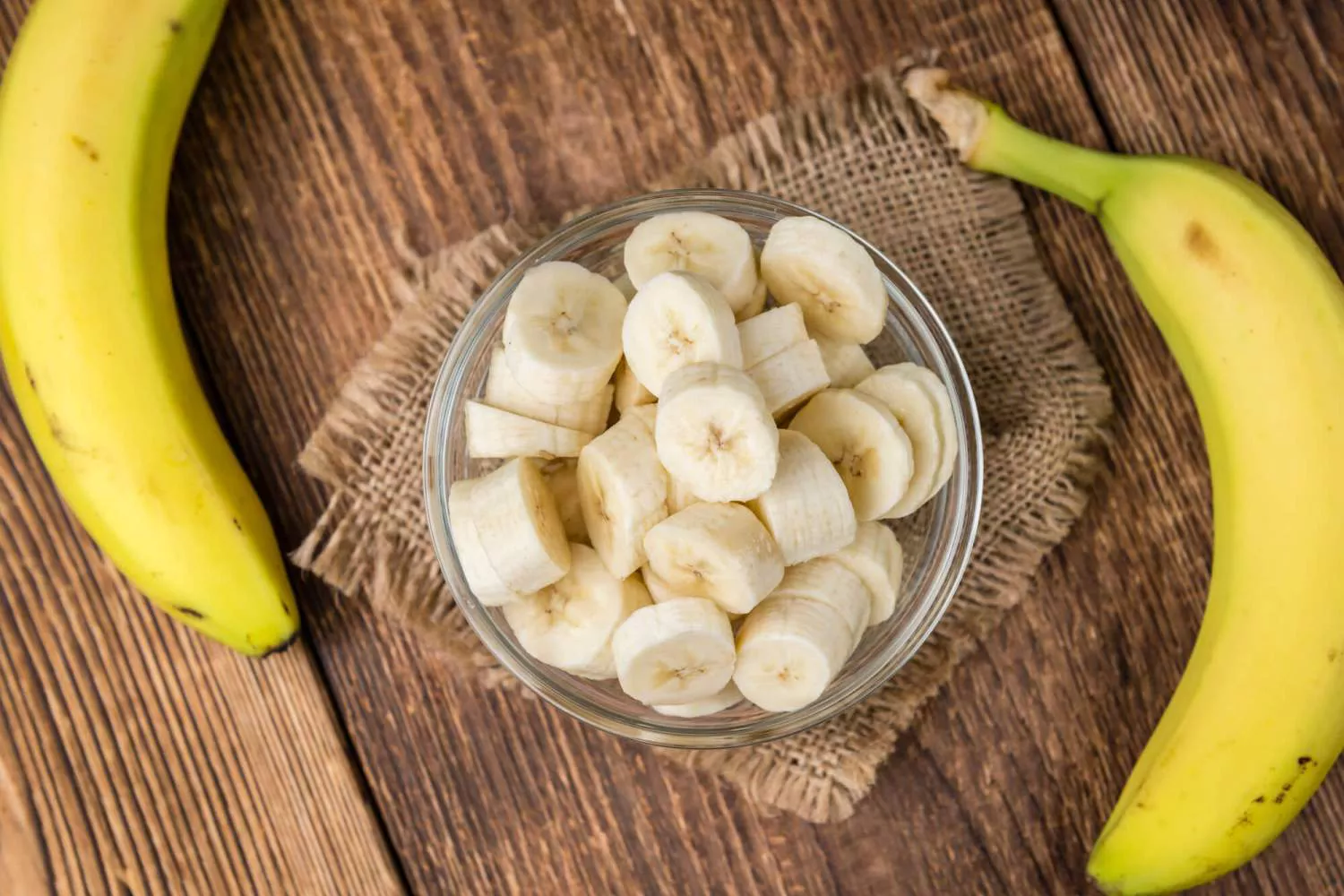High blood pressure, also known as hypertension, is a silent but potentially deadly condition that affects millions of people worldwide. It’s often referred to as the “silent killer” because it can develop without noticeable symptoms, yet it significantly increases the risk of heart disease, stroke, and other serious health problems. One of the most effective ways to manage and prevent high blood pressure is through dietary choices. In this comprehensive guide, we will explore what NOT to eat to prevent high blood pressure and maintain a healthy cardiovascular system. By understanding the foods to avoid, you can take proactive steps to protect your health and well-being.
The Salt Dilemma
When it comes to high blood pressure, salt is often the primary villain. Sodium, a component of salt, plays a central role in regulating blood pressure. Consuming too much salt can lead to an increase in blood pressure, making it essential to monitor your salt intake.
Foods to Avoid:
Processed Foods: These are often loaded with hidden sodium. Canned soups, processed meats, and frozen meals are all examples of foods that should be minimized or eliminated from your diet.
Salty Snacks: Potato chips, pretzels, and salted nuts are tempting but should be consumed sparingly, as they contain high levels of salt.
Restaurant Fast Food: Many fast-food items, such as burgers, fries, and fried chicken, are high in salt. Opt for healthier menu options when dining out.
Condiments: Common condiments like ketchup, soy sauce, and salad dressings can be surprisingly high in sodium. Check labels for low-sodium alternatives or use them sparingly.
Salt Substitutes: Some salt substitutes contain potassium chloride, which can be harmful to individuals with certain medical conditions. Consult your healthcare provider before using these products.
The Sugar Connection
While salt is a well-known contributor to high blood pressure, sugar can also play a significant role in its development. High sugar intake can lead to obesity, insulin resistance, and increased blood pressure.
Foods to Avoid:
Sugary Beverages: Sodas, fruit juices, energy drinks, and sweetened teas are packed with hidden sugars. Choose water, herbal teas, or unsweetened alternatives.
Sweets and Desserts: Cookies, cakes, candies, and ice cream are notorious for their high sugar content. Enjoy these as an occasional treat rather than a regular indulgence.
Processed Foods with Added Sugar: Many processed foods, such as cereals, granola bars, and even some canned vegetables, contain added sugars. Read labels and opt for products with little or no added sugar.
Sugary Breakfast Cereals: Breakfast cereals marketed to children are often laden with sugar. Choose whole-grain cereals with no added sugar for a healthier start to your day.
High-Fructose Corn Syrup (HFCS): HFCS is a common sweetener in processed foods. Be vigilant when reading labels, as HFCS can sneak into items you least expect.
The Fats That Raise Blood Pressure
Not all fats are created equal. While some fats can be beneficial for your health, others can have a detrimental impact on blood pressure and overall cardiovascular well-being. It’s important to distinguish between healthy and unhealthy fats.
Foods to Avoid:
Saturated Fats: These fats, primarily found in animal products and some tropical oils, can raise LDL cholesterol levels, contributing to high blood pressure and heart disease. Limit your consumption of red meat, butter, and coconut oil.
Trans Fats: Trans fats, often found in partially hydrogenated oils, are detrimental to heart health and can increase the risk of hypertension. Check food labels to ensure you’re not consuming trans fats.
High-Fat Dairy Products: Full-fat dairy products, like whole milk, cheese, and cream, can be high in saturated fats. Opt for low-fat or fat-free dairy options.
Fried Foods: Deep-fried foods, such as french fries, fried chicken, and donuts, are typically prepared with unhealthy oils and should be consumed sparingly.
Commercial Baked Goods: Many commercially baked goods, like pastries and packaged snacks, are prepared with unhealthy fats. Homemade alternatives using healthier fats can be a better option.
The Sodium-Potassium Balance
In addition to reducing sodium intake, increasing potassium consumption is essential for maintaining healthy blood pressure levels. Potassium helps counteract the effects of sodium and relaxes blood vessel walls, promoting better blood pressure regulation.
Foods to Embrace:
Bananas: Bananas are a well-known source of potassium and make for a convenient and healthy snack.
Leafy Greens: Spinach, kale, and Swiss chard are rich in potassium and low in sodium, making them excellent choices for maintaining healthy blood pressure.
Sweet Potatoes: These are not only a tasty source of potassium but also provide essential nutrients like fiber and vitamin C.
Oranges: In addition to being a good source of potassium, oranges also offer vitamin C and antioxidants that support heart health.
Beans and Legumes: Kidney beans, black beans, and lentils are excellent sources of potassium, fiber, and plant-based protein.
Caffeine and Alcohol Considerations
Caffeine and alcohol can have both positive and negative effects on blood pressure, depending on the quantity consumed and individual sensitivity. It’s important to be mindful of your consumption and consult with your healthcare provider if you have concerns.
Foods and Drinks to Be Cautious About:
Caffeine: While moderate caffeine intake is generally safe for most people, excessive consumption can lead to a temporary increase in blood pressure. Monitor your coffee, tea, and energy drink intake and adjust if necessary.
Alcohol: Drinking alcohol in moderation can have some cardiovascular benefits. However, excessive alcohol consumption can lead to high blood pressure. Limit alcohol intake to recommended levels, which vary by gender and age.
The Impact of Excess Weight
Being overweight or obese is a significant risk factor for high blood pressure. Excess body weight can strain the cardiovascular system and lead to hypertension. Losing weight and maintaining a healthy weight can play a vital role in blood pressure management.
Foods and Practices to Support Weight Loss:
Portion Control: Reducing portion sizes can help you consume fewer calories, aiding in weight loss. Use smaller plates and be mindful of portion sizes when eating out.
Balanced Diet: Embrace a well-balanced diet that includes whole grains, lean proteins, fruits, vegetables, and healthy fats. This can help you feel full and satisfied while managing your weight.
Regular Physical Activity: Incorporate regular exercise into your routine to support weight loss and overall cardiovascular health. Aim for at least 150 minutes of moderate-intensity exercise per week.
Mindful Eating: Pay attention to what you eat, savor your meals, and avoid distractions while eating. Mindful eating can help you make healthier food choices and control your portions.
Stress Management and Blood Pressure
Chronic stress can contribute to high blood pressure. When you’re stressed, your body releases hormones that can temporarily raise blood pressure. Managing stress through relaxation techniques and lifestyle changes can have a positive impact on your overall well-being.
Stress-Reducing Practices:
Meditation: Regular meditation practice can help lower stress levels and, in turn, reduce the risk of high blood pressure.
Yoga: Yoga combines physical activity with relaxation techniques, making it an excellent choice for stress reduction.
Deep Breathing: Deep, slow breathing exercises can help calm the nervous system and reduce stress.
Time Management: Effective time management can reduce stress by preventing the feeling of being overwhelmed.
Conclusion
Preventing high blood pressure and maintaining healthy blood pressure levels is crucial for your long-term well-being. A key component of achieving this goal is making wise dietary choices. By avoiding high-sodium and high-sugar foods, unhealthy fats, and excessive caffeine and alcohol, and by embracing a diet rich in potassium, you can significantly reduce your risk of hypertension. Additionally, maintaining a healthy weight, managing stress, and staying physically active are essential for overall cardiovascular health.

